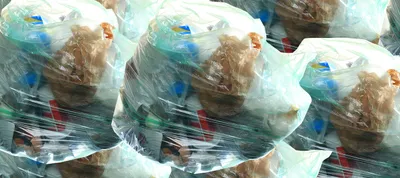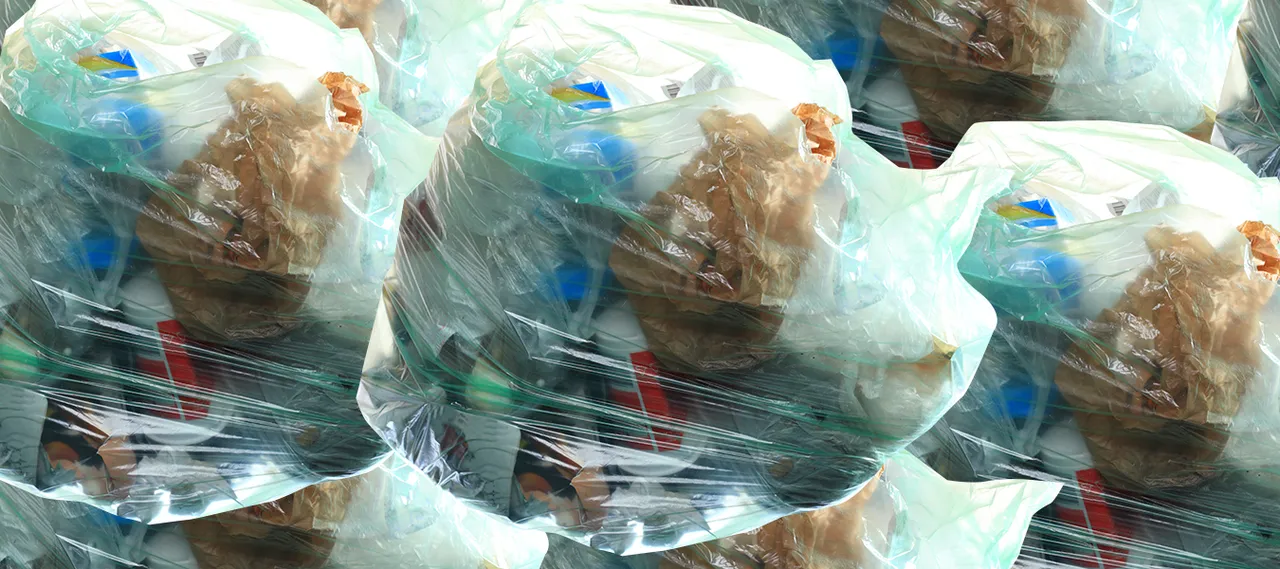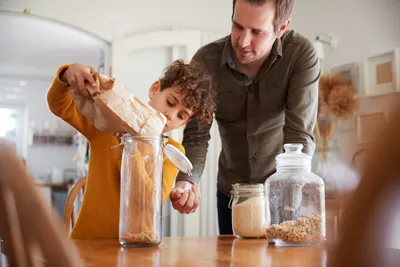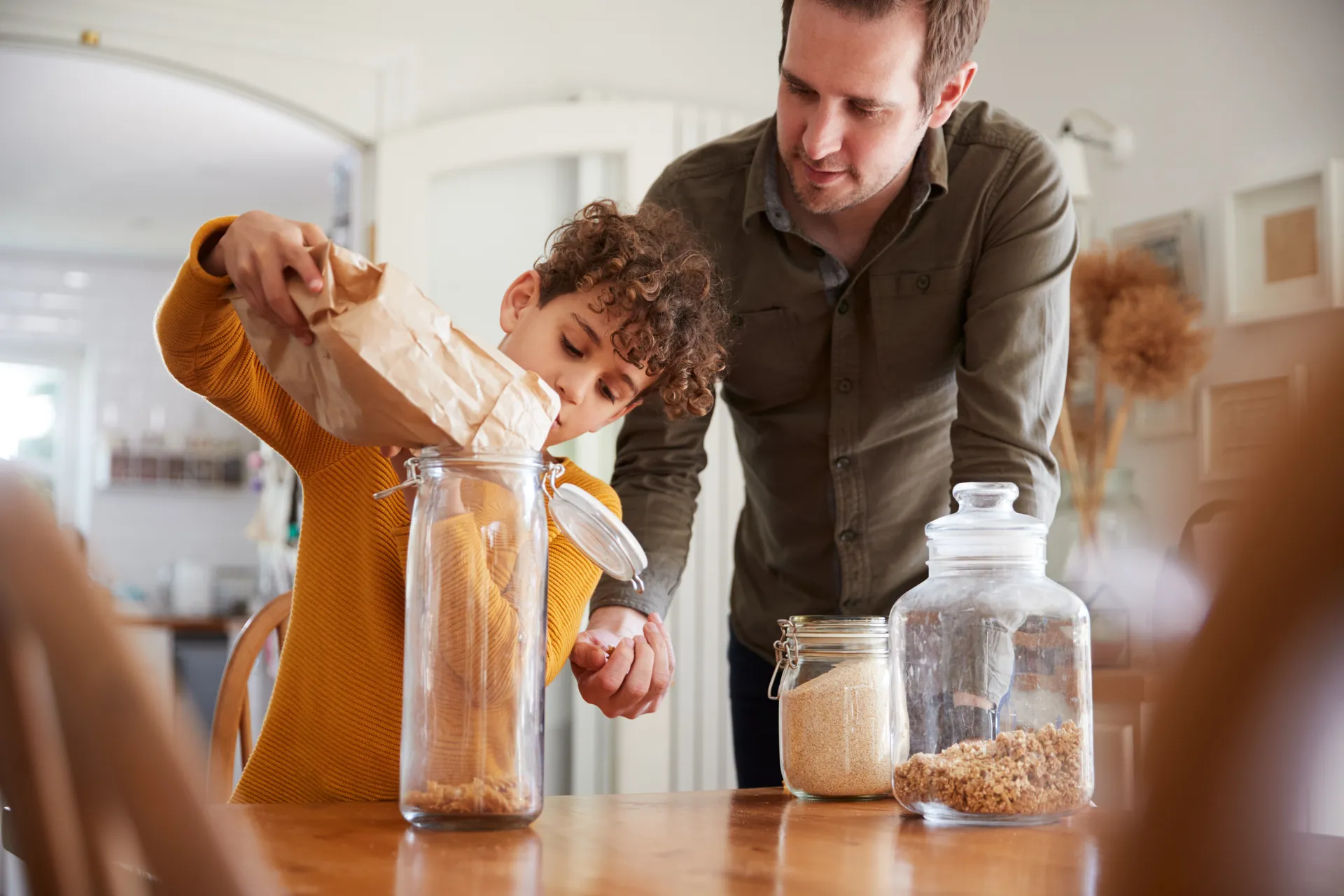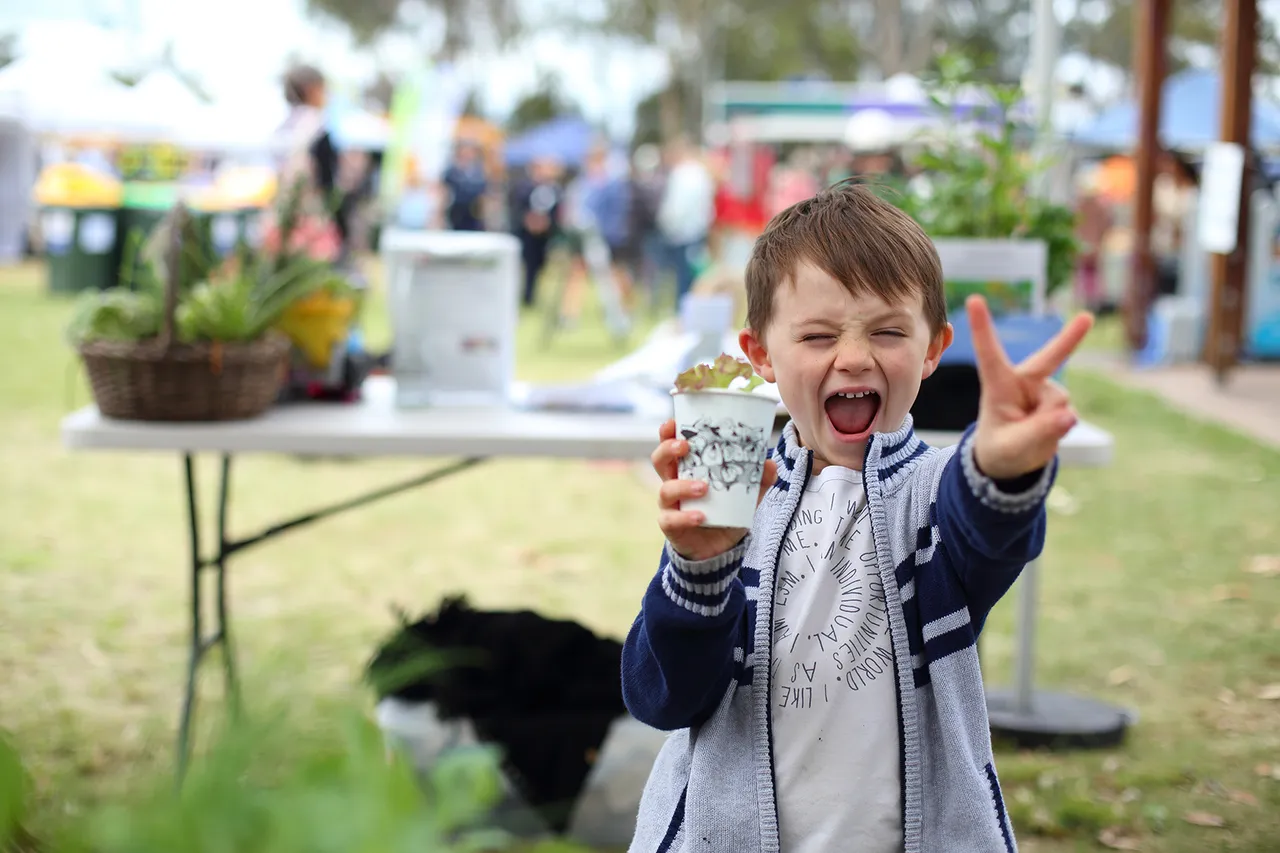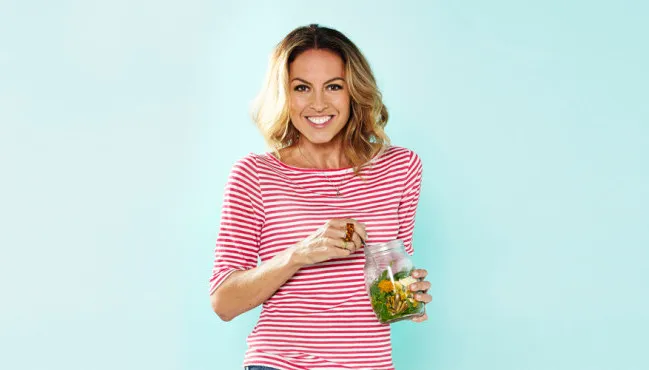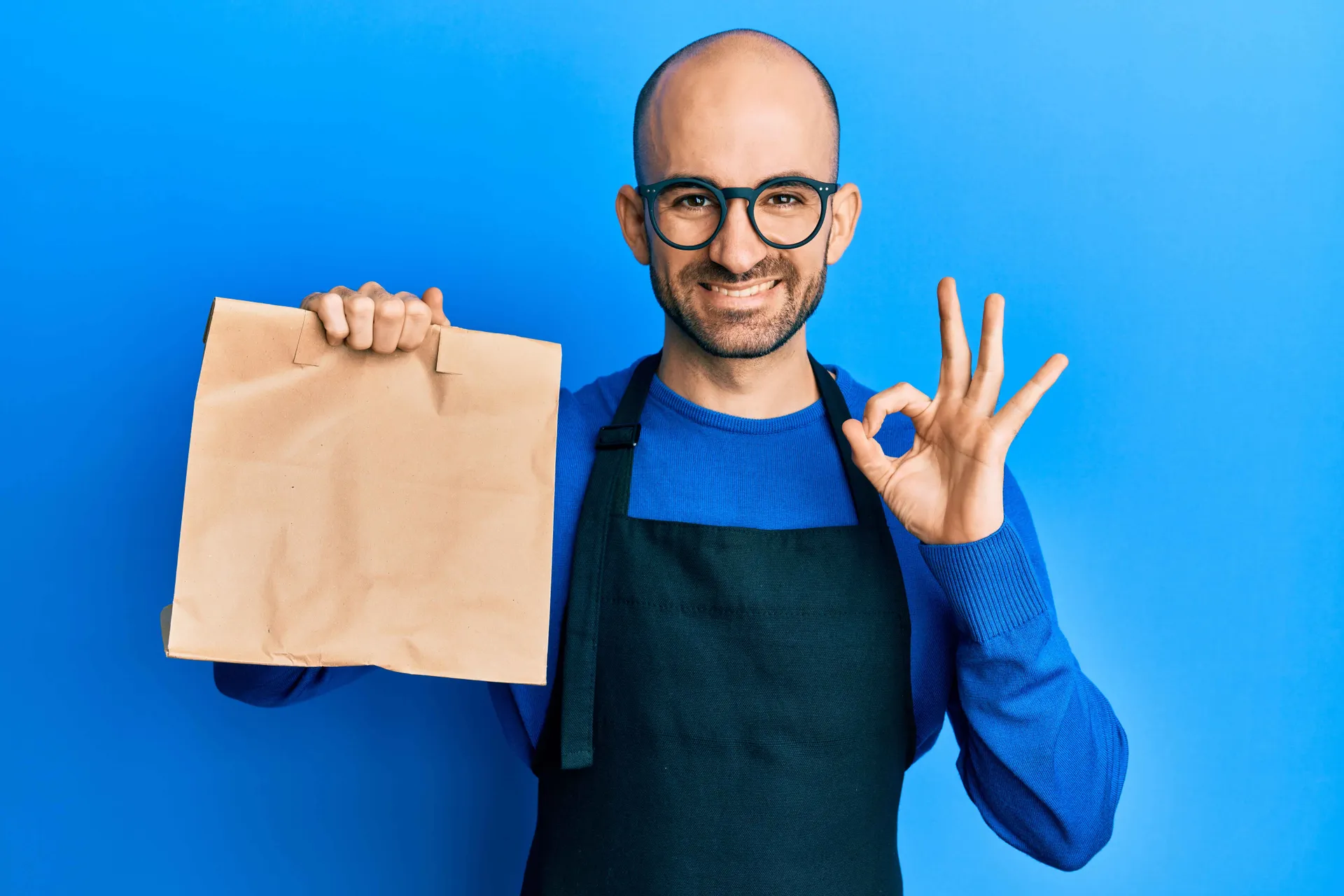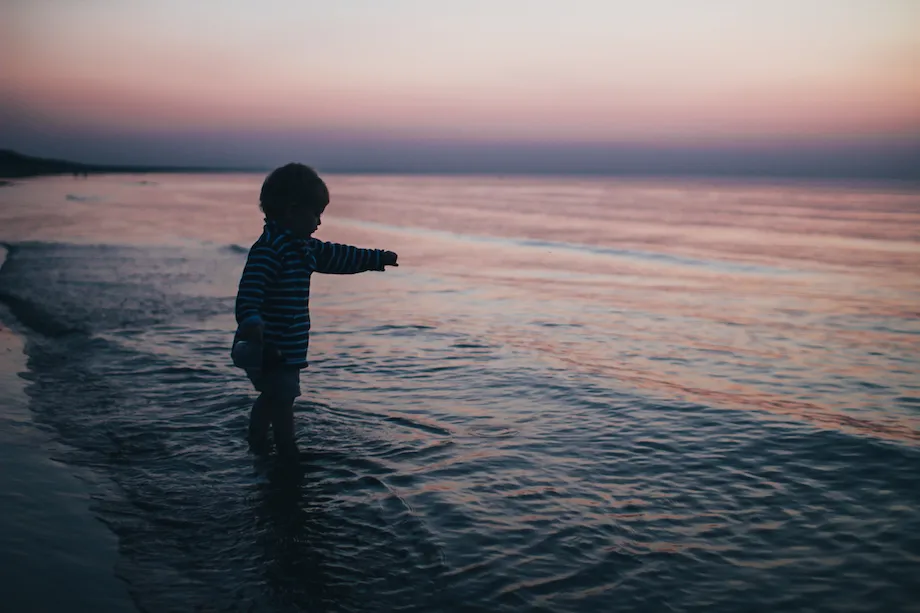Going for zero: choosing plastic and toxin-free bathroom products
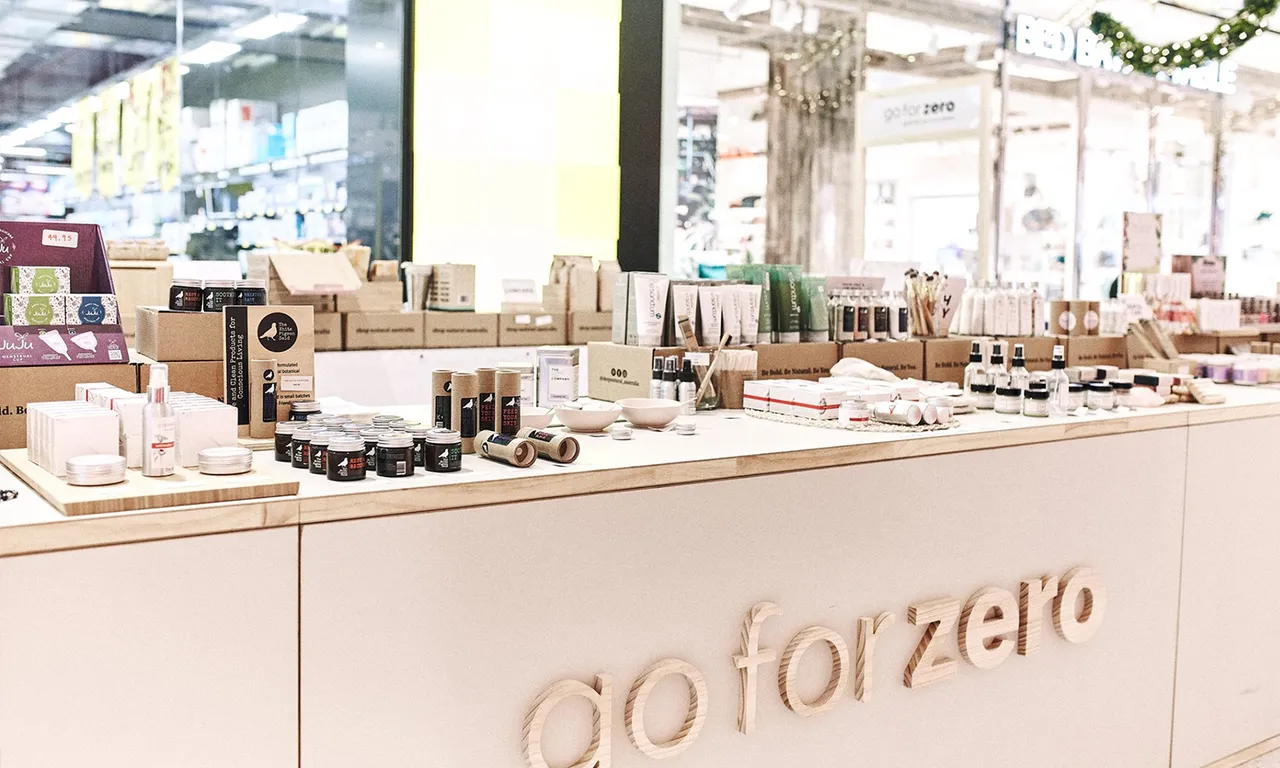
For many of us, the bathroom is like a fortress… that last frontier of plastic and chemicals that we'll tackle sometime in the future.
You might have a keep cup and you're doing pretty well at cutting down on plastic use in the kitchen. But walk into your bathroom and it's filled with plastic bottles, tubes, tubs and pump packs filled with ingredients you can't even pronounce and it all feels a little overwhelming.
But there's no time like the present and Living Smart has teamed up with Go for Zero to create a handy guide to help you take on the bathroom challenge.
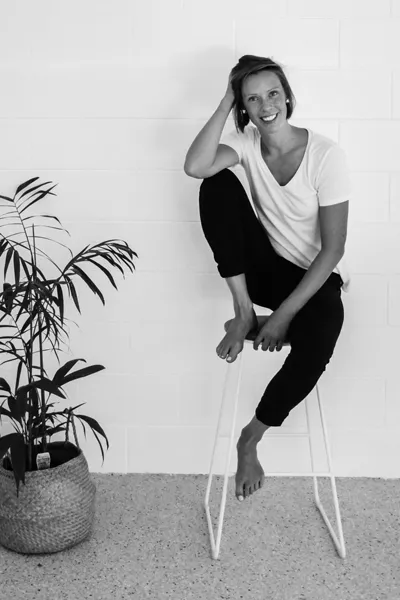
Go for Zero was founded on the Sunshine Coast by mother of two, Ellie Degraeve to help people switch to safer and more sustainable products - without the toxic chemicals and over-packaging. When her newborn broke out in a rash after using 'mainstream' skin products Ellie began searching for alternatives and was shocked to discover the harmful ingredients in many of the products available on supermarket shelves.
Go for Zero now stocks more than 600 products online that have been personally researched by Ellie to ensure they meet strict sustainability and ingredient standards. Ellie does the research so you don't have to.
"Many products on the shelves make misleading claims so it is important to be aware of how these products are marketed," Ellie says. "A product with 'natural' in the name does not necessarily mean it is natural. There are no regulations in Australia that restrict the use of the words natural and organic to truly natural and organic products."
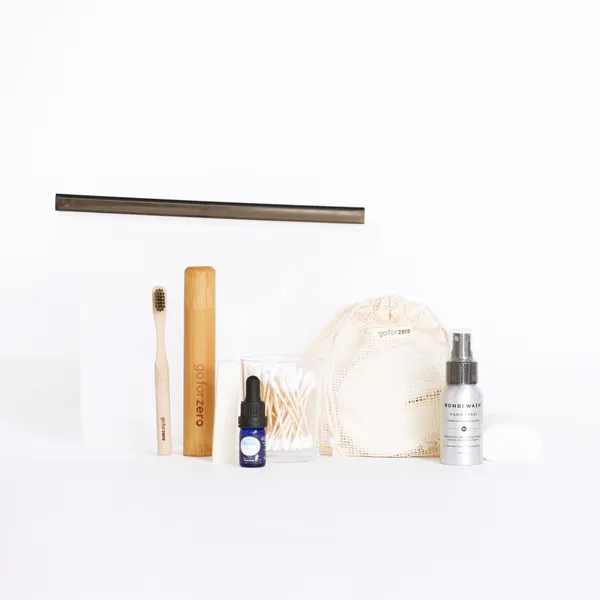
Making the switch: what to look for
- Avoid items that include parabens, sodium laureth/lauryl sulfate and propylene glycol.
- Avoid deodorants and makeup products containing aluminium.
- Avoid products containing plastic microbeads which are still legal in Australia. Look for polyethylene, polypropylene, polyethylene terephthalate, polymethyl methacrylate and nylon in toothpastes, body washes and face cleansers.
- Verify organic ingredient claims (check the ingredients).
- Try to avoid plastic packaging. Aim for products with little packaging, or packaging that is biodegradable or compostable.
- Avoid products that contain "fragrance" that is not naturally derived - synthetic fragrances can cause reactions and headaches.
Top 10 bathroom swaps
Living Smart and Go for Zero have teamed up to create a reference guide for your low-tox, zero waste bathroom journey.
To make it achievable, switching one item at a time for a healthier, plastic-free version.
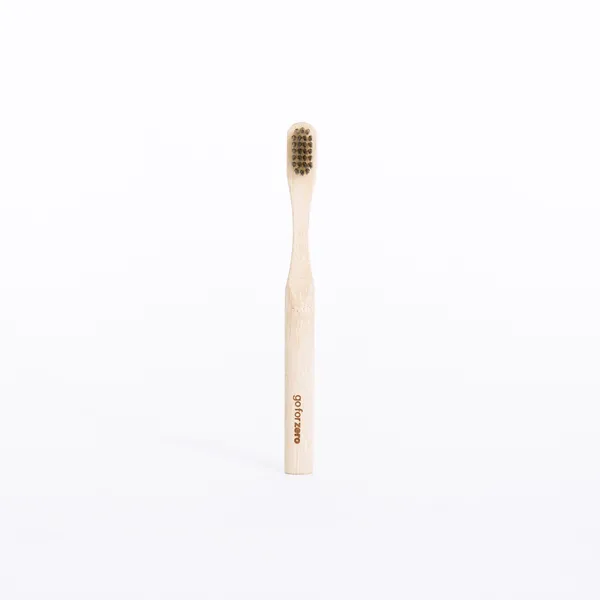
- Swap your plastic toothbrush for a bamboo one
Probably the easiest swap to make. With bamboo toothbrushes now available in so many stores and online, making this switch is seriously the easiest thing you will ever do to help the planet.
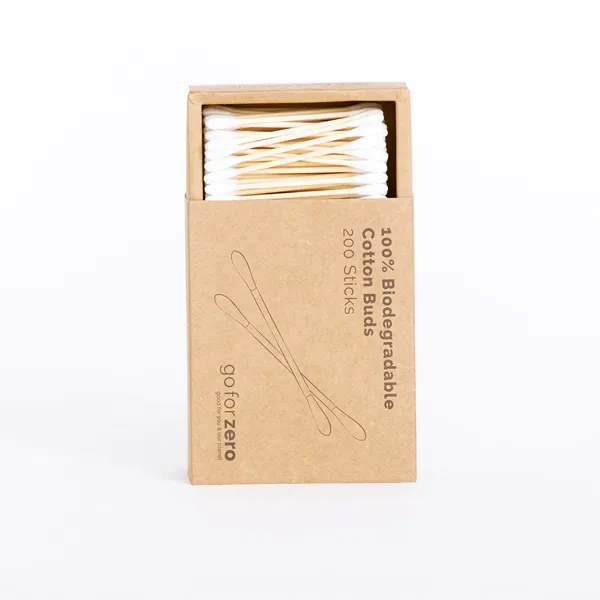
2.
Choose plastic-free cotton swabs
With Aldi phasing out plastic-stemmed cotton buds by the end of 2020, now is the time to make the switch to cardboard or bamboo-stemmed cotton swabs now available in most supermarkets… or even better ditch them completely and find a reusable or washable option. 3.
Trade the liquid soap for an old-fashioned soap bar
An oldie but a goodie. Liquid soap was sold to us as a luxurious, convenient option but even if you use refills, there's still the problem of the packaging. Be sure to choose a bar made with 100% natural derived ingredients in plastic-free packaging. Natural ingredients are less likely to dry your skin out. 4.
Try zero waste skincare
There are an increasing number of facial cleansers and moisturisers available in a soap-like bar - and they often last longer than the liquid form. Like any skincare product, you might need to try a couple before you find the right one for your skin. 5.
Go for reusable make-up remover pads
This one is so easy that you'll be asking yourself why you didn't think of it sooner. Fabric or bamboo make-up remover pads are gentle on the skin and can be washed in the washing machine. Make your own from old face washers or towels, or buy online.
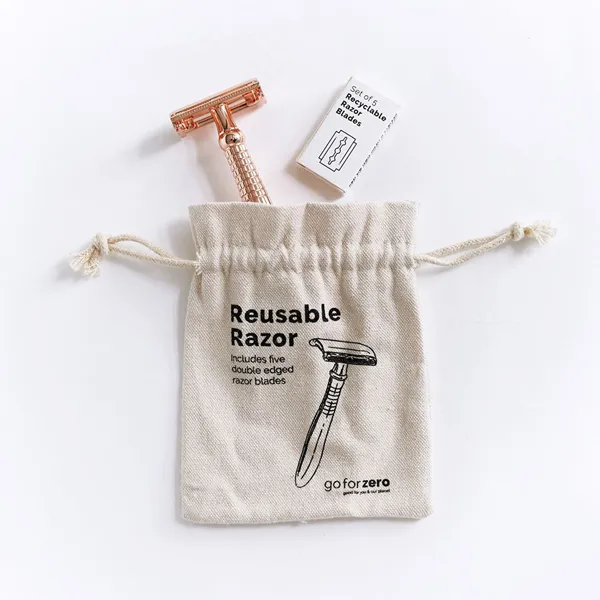
6.
Buy a stainless steel or reusable razor
It's so easy you can do it the next time you shop! And a stainless-steel razor can last a lifetime. 7.
Switch to toothpaste drops or pastes
Plastic toothpaste tubes can't be recycled in kerbside recycling bins (although they can be recycled through TerraCycle). We use toothpaste every day, so if you're comfortable trying an alternative, try crushable toothpaste tablets, tooth powder or toothpaste drops which come in reusable glass containers. 8.
Ditch the toxin-filled plastic-packaged deodorant
If you're not convinced about why you should try a natural deodorant, check out this Time magazine article, 5 things wrong with your deodorant. Alternative underarm products abound and you can now get fresh pits without compromising your health or the environment. Look out for roll-ons made from glass or cardboard, or deodorant pastes (yes, that's a thing!). 9.
Get a shampoo bar
Many people are reluctant to switch from regular shampoo and conditioner to shampoo and conditioner bars but Ellie says that when she made the transition, her hair was better than ever! Shampoo bars work in a similar way to soap and last longer than the bottled products. Check out Go for Zero's blog post Your top 5 reasons to switch to shampoo bars (and how to use them). 10.
Consider reusable menstrual products
This is a big step for some people but many people who have made the switch are now advocates of reusable cloth pads and silicon menstrual cups. If you're not ready to take the plunge, ensure your menstrual products are made without the use of plastics, and preferably from organic cotton, which contains fewer chemicals and breaks down faster.
Consumers are powerful
By choosing to buy products with fewer toxins and less packaging, we are sending a message to both manufacturers and stores that we expect companies to do better.
"There are so many things we can't control, but we can control what we buy," says Ellie. "If you stop buying chemical-laden products packaged in plastic, companies will stop making them. There are so many beautiful natural and hand-made products made by smaller companies here in Australia. Supporting the emerging brands that are doing the right thing will help them grow, reduce our collective footprint and send a message to bigger companies that things have to change."
The alternative products mentioned in this story are available from Go for Zero, other online retailers or health food stores. Many items such as plastic-free cotton tips, reusable razors and organic cotton tampons can be found in your local supermarket.
Check out some tips for your plastic-free journey from the Living Smart team below:
- BYO Sunshine Coast
- 14 tips for reducing plastic use in the kitchen
- Living Smart's Plastic Free July 2020
- The best reusable straw options
Know someone with an innovative business that is treading lightly on the earth? We would love to hear from you! Send us an email with their details and we will be in touch.
